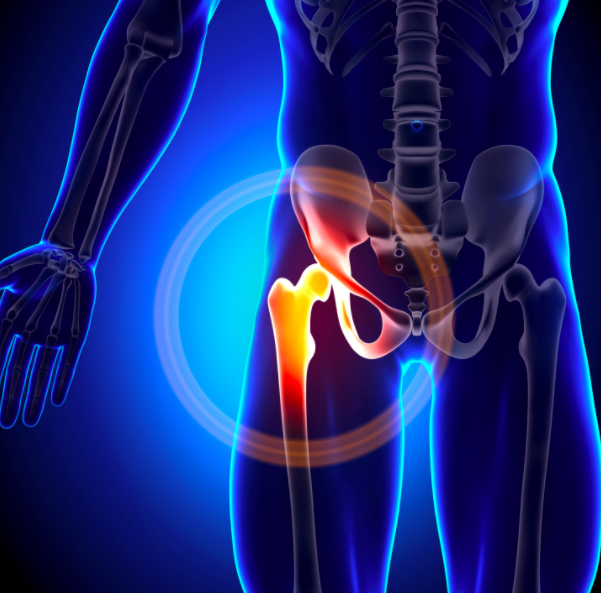We at Heartbeat Medical are passionate about Patient-Reported Outcome Measures (PROMs) and how they can benefit a multitude of disease areas. Here we present the latest findings on the role of PROMs in hip care and how they can enhance patient care.

An increasing need for PROMs in hip care
Conditions that affect the hip joint range in pathology and can affect people of all ages with surgeries on the joint being one of the most common and safe procedures in the developed world 1.
Recent developments in data collection on such interventions have been thrust to the forefront of value-based healthcare and the implementation of patient-reported outcome measurements (PROMs) has escalated in this field in particular. Hip-related pain is a well-recognised complaint among young and middle-aged active adults. People experiencing hip-related disorders commonly report pain and reduced functional capacity, including difficulties in executing activities of daily living 2.
Causes of hip pain can include injury, infection, osteoarthritis (OA), rheumatic inflammation, muscle tension or irritation at the tendon attachments in the joint to name a few. Chronic hip joint pain leads to limitations in walking, sitting and standing thus restricting the ability to work or perform everyday tasks thus impacting patients’ quality of life 3, 4.
The most commonly used PROMs based on current literature are outlined in our downloadable Whitepaper publication with references to large scale studies conducted on their use, benefits and pitfalls. We analyse what makes hip-related PROMs worthy of inclusion in patient pathways be it for conservative or surgical interventions as well as highlighting current research initiatives deriving new, qualitative insights on PROMs and value-based care.
The inclusion of PROMs in patient journeys has yielded enhancements in the PROMs themselves, but also in care pathways, patient involvement and has facilitated aggregated results in the form of registries to better inform healthcare professionals on best practices. With PROMs being well established in the field of orthopaedics, we are aiming to contribute to a better understanding of what is currently in use in management of hip pathologies, if there are right choices and how they can be enhanced to fully integrate them into everyday clinical use.
For more information please click here and read into our whitepaper on “PROMs and Hip Care”